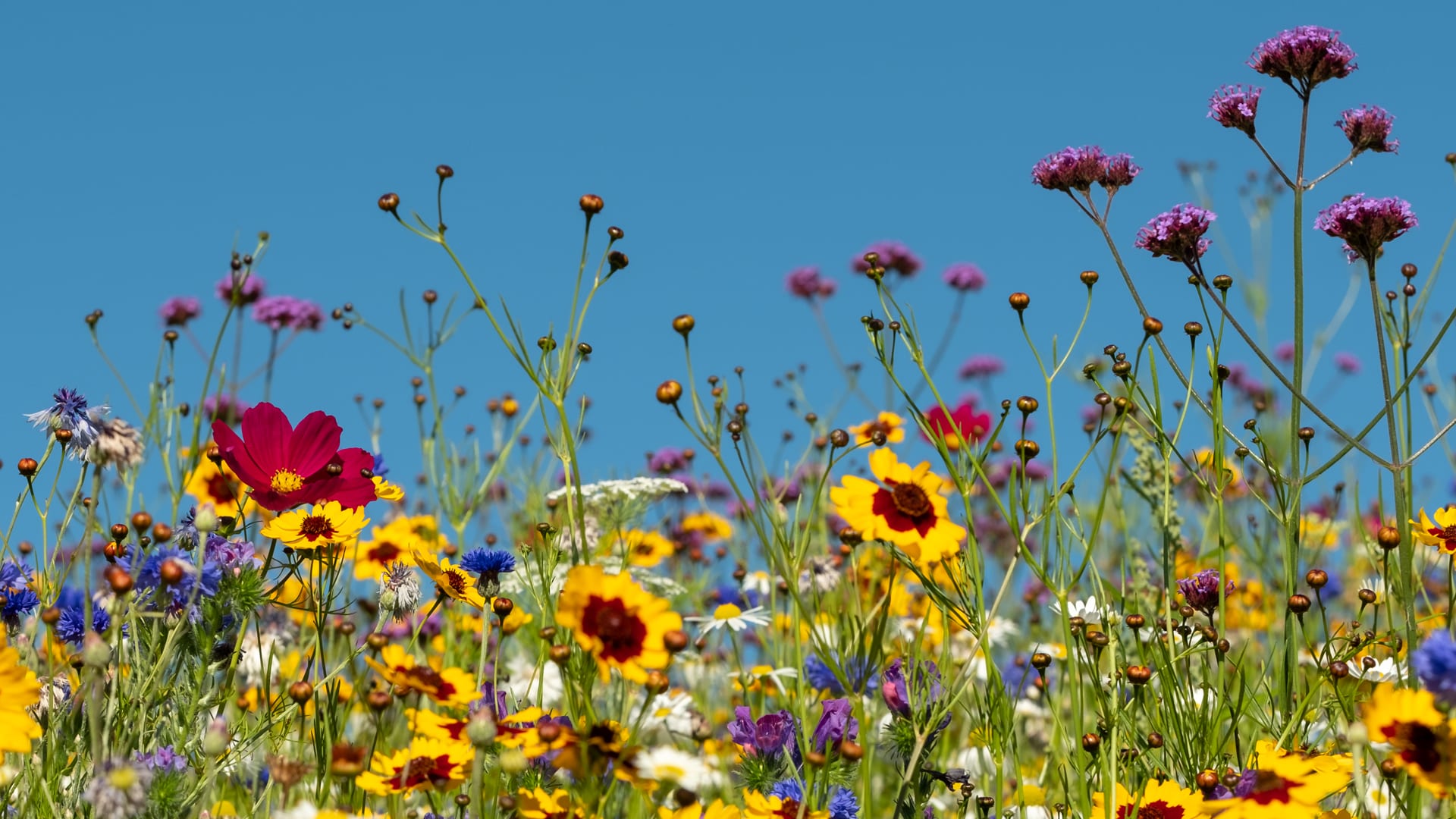Scroll for prep

Please wait…
This video is having trouble loading. You may have lost your Internet connection.
Step 1: Click to Reload this page
Step 2: Click to
Try our other video player
Step 3: Contact your teacher if trouble persists.
Or,
dismiss this message.

Please wait…
This video is having trouble loading. You may have lost your Internet connection.
Step 1: Click to Reload this page
Step 2: Click to
Try our other video player
Step 3: Contact your teacher if trouble persists.
Or,
dismiss this message.
DISCUSS: What happens to these two plants as time goes by?
What’s different about how they grow? What’s the same?
What’s different about how they grow? What’s the same?

Please wait…
This video is having trouble loading. You may have lost your Internet connection.
Step 1: Click to Reload this page
Step 2: Click to
Try our other video player
Step 3: Contact your teacher if trouble persists.
Or,
dismiss this message.

DISCUSS:
Imagine you see these three restaurant signs for PIZZA.
Which restaurant would you go to? Why?
Imagine you see these three restaurant signs for PIZZA.
Which restaurant would you go to? Why?

Please wait…
This video is having trouble loading. You may have lost your Internet connection.
Step 1: Click to Reload this page
Step 2: Click to
Try our other video player
Step 3: Contact your teacher if trouble persists.
Or,
dismiss this message.

Please wait…
This video is having trouble loading. You may have lost your Internet connection.
Step 1: Click to Reload this page
Step 2: Click to
Try our other video player
Step 3: Contact your teacher if trouble persists.
Or,
dismiss this message.
DISCUSS: Can you think of any reason why bees visiting flowers might be GOOD for the plant?

Please wait…
This video is having trouble loading. You may have lost your Internet connection.
Step 1: Click to Reload this page
Step 2: Click to
Try our other video player
Step 3: Contact your teacher if trouble persists.
Or,
dismiss this message.
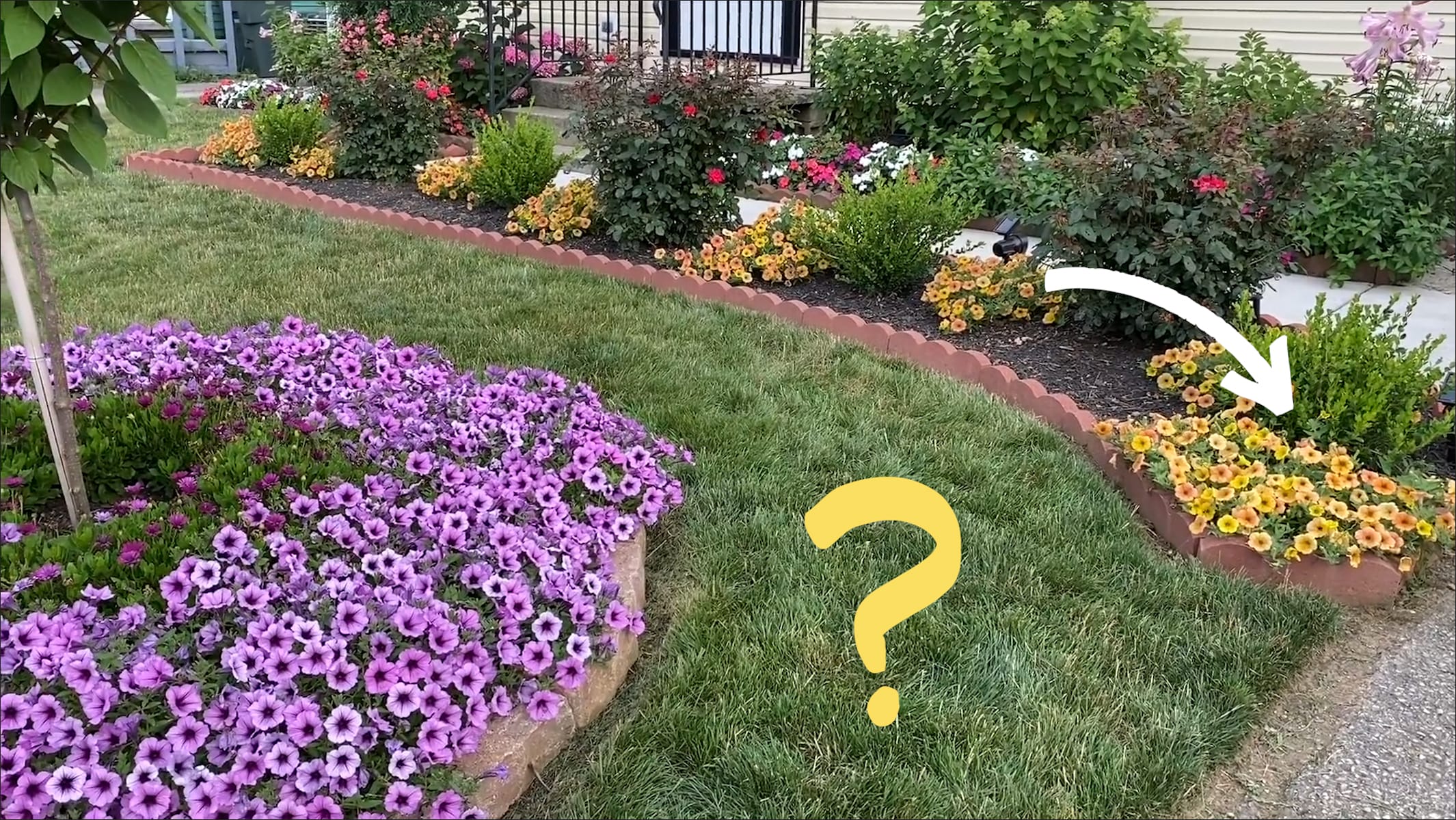
DISCUSS:
How many ways can you think of to move pollen from one flower to another?
How many ways can you think of to move pollen from one flower to another?

Please wait…
This video is having trouble loading. You may have lost your Internet connection.
Step 1: Click to Reload this page
Step 2: Click to
Try our other video player
Step 3: Contact your teacher if trouble persists.
Or,
dismiss this message.

DISCUSS: If you were planting a garden with different kinds of flowers, what would your garden need for those flowers to be pollinated?

Please wait…
This video is having trouble loading. You may have lost your Internet connection.
Step 1: Click to Reload this page
Step 2: Click to
Try our other video player
Step 3: Contact your teacher if trouble persists.
Or,
dismiss this message.

Please wait…
This video is having trouble loading. You may have lost your Internet connection.
Step 1: Click to Reload this page
Step 2: Click to
Try our other video player
Step 3: Contact your teacher if trouble persists.
Or,
dismiss this message.
Step
01/18
01/18
You’ll work with a partner.
Decide who will be Gardener A and who will be Gardener B.
Decide who will be Gardener A and who will be Gardener B.

Please wait…
This video is having trouble loading. You may have lost your Internet connection.
Step 1: Click to Reload this page
Step 2: Click to
Try our other video player
Step 3: Contact your teacher if trouble persists.
Or,
dismiss this message.
Step
02/18
02/18
Get your supplies.

Please wait…
This video is having trouble loading. You may have lost your Internet connection.
Step 1: Click to Reload this page
Step 2: Click to
Try our other video player
Step 3: Contact your teacher if trouble persists.
Or,
dismiss this message.
Step
03/18
03/18
Gardener A: Cut along the thick, black line. Place the Card Station in
the center of the table. Both: Cut out all the Plant Cards.
You should have a total of 24 Plant Cards.
the center of the table. Both: Cut out all the Plant Cards.
You should have a total of 24 Plant Cards.

Please wait…
This video is having trouble loading. You may have lost your Internet connection.
Step 1: Click to Reload this page
Step 2: Click to
Try our other video player
Step 3: Contact your teacher if trouble persists.
Or,
dismiss this message.
Step
04/18
04/18
Gardener A: Turn all 24 Plant Cards so they’re facedown on the table.
Gardener B: Shuffle all the Plant Cards and make one stack.
Place the shuffled Plant Cards facedown on the Card Station.
Gardener B: Shuffle all the Plant Cards and make one stack.
Place the shuffled Plant Cards facedown on the Card Station.

Please wait…
This video is having trouble loading. You may have lost your Internet connection.
Step 1: Click to Reload this page
Step 2: Click to
Try our other video player
Step 3: Contact your teacher if trouble persists.
Or,
dismiss this message.
Step
05/18
05/18
Gardener A: Cut out the Scorecards and the Bee Cards.
Gardener B: Shuffle the Bee Cards & place on the Card Station.
Gardener B: Shuffle the Bee Cards & place on the Card Station.

Please wait…
This video is having trouble loading. You may have lost your Internet connection.
Step 1: Click to Reload this page
Step 2: Click to
Try our other video player
Step 3: Contact your teacher if trouble persists.
Or,
dismiss this message.
Step
06/18
06/18
Both: Make sure all your game pieces are set up correctly.

Please wait…
This video is having trouble loading. You may have lost your Internet connection.
Step 1: Click to Reload this page
Step 2: Click to
Try our other video player
Step 3: Contact your teacher if trouble persists.
Or,
dismiss this message.
Step
07/18
07/18
Gardener A: Take a Plant Card & put it in your Plant Zone.
Gardener B: Take a Plant Card & put it in your Plant Zone.
Gardener B: Take a Plant Card & put it in your Plant Zone.

Please wait…
This video is having trouble loading. You may have lost your Internet connection.
Step 1: Click to Reload this page
Step 2: Click to
Try our other video player
Step 3: Contact your teacher if trouble persists.
Or,
dismiss this message.
Step
08/18
08/18
Gardener A & Gardener B: Take another Plant Card.
Both: If the Plant Cards match, add them to your garden.
If they don’t match, keep them in the Plant Zone.
Both: If the Plant Cards match, add them to your garden.
If they don’t match, keep them in the Plant Zone.

Please wait…
This video is having trouble loading. You may have lost your Internet connection.
Step 1: Click to Reload this page
Step 2: Click to
Try our other video player
Step 3: Contact your teacher if trouble persists.
Or,
dismiss this message.
Step
09/18
09/18
When you have plants in your garden, choose either a Plant Card or a
Bee Card. If the Bee Card pollinates plants in your garden, add the
Plant Cards to your basket. Keep the Bee Card in the Bee Zone.
Bee Card. If the Bee Card pollinates plants in your garden, add the
Plant Cards to your basket. Keep the Bee Card in the Bee Zone.

Please wait…
This video is having trouble loading. You may have lost your Internet connection.
Step 1: Click to Reload this page
Step 2: Click to
Try our other video player
Step 3: Contact your teacher if trouble persists.
Or,
dismiss this message.
Step
10/18
10/18
Play the game. Look at the Rules sheet.
The game ends when you run out of Plant Cards and Bee Cards.
IMPORTANT: Don’t move any cards when the game ends!
The game ends when you run out of Plant Cards and Bee Cards.
IMPORTANT: Don’t move any cards when the game ends!

Please wait…
This video is having trouble loading. You may have lost your Internet connection.
Step 1: Click to Reload this page
Step 2: Click to
Try our other video player
Step 3: Contact your teacher if trouble persists.
Or,
dismiss this message.
Step
11/18
11/18
During the winter every year when it gets very cold, all the adult
plants in your garden will die. The only way to grow plants next year
(Year 2) is if you have seeds. Look at your Tiny Garden. Discuss:
plants in your garden will die. The only way to grow plants next year
(Year 2) is if you have seeds. Look at your Tiny Garden. Discuss:

Please wait…
This video is having trouble loading. You may have lost your Internet connection.
Step 1: Click to Reload this page
Step 2: Click to
Try our other video player
Step 3: Contact your teacher if trouble persists.
Or,
dismiss this message.
Step
12/18
12/18
Set up for Year 2. Remove any Plant Cards that are NOT in your Fruit
& Seed Basket. Those cards will not be used in Year 2 of the game.
& Seed Basket. Those cards will not be used in Year 2 of the game.

Please wait…
This video is having trouble loading. You may have lost your Internet connection.
Step 1: Click to Reload this page
Step 2: Click to
Try our other video player
Step 3: Contact your teacher if trouble persists.
Or,
dismiss this message.
Step
13/18
13/18
You get one point for each Plant Card in your Fruit & Seed Basket.
Write down your points on the Scorecard to see who wins for Year 1!
Write down your points on the Scorecard to see who wins for Year 1!

Please wait…
This video is having trouble loading. You may have lost your Internet connection.
Step 1: Click to Reload this page
Step 2: Click to
Try our other video player
Step 3: Contact your teacher if trouble persists.
Or,
dismiss this message.
Step
14/18
14/18
Gardener A: Shuffle ONLY the Plant Cards that were in the Fruit &
Seed Baskets. Gardener B: Shuffle all the Bee Cards. Place these on
the Card Station.
Seed Baskets. Gardener B: Shuffle all the Bee Cards. Place these on
the Card Station.

Please wait…
This video is having trouble loading. You may have lost your Internet connection.
Step 1: Click to Reload this page
Step 2: Click to
Try our other video player
Step 3: Contact your teacher if trouble persists.
Or,
dismiss this message.
Step
15/18
15/18
Play the game again! On your turn, choose a Plant Card or Bee Card.
Then, add plants to the garden, check your Bee Cards, pollinate Plant
Cards, & move them to your basket. Look at the Rules sheet.
Then, add plants to the garden, check your Bee Cards, pollinate Plant
Cards, & move them to your basket. Look at the Rules sheet.

Please wait…
This video is having trouble loading. You may have lost your Internet connection.
Step 1: Click to Reload this page
Step 2: Click to
Try our other video player
Step 3: Contact your teacher if trouble persists.
Or,
dismiss this message.
Step
16/18
16/18
You get one point for each Plant Card in your Fruit & Seed Basket.
Write down your points on the Scorecard to see who wins for Year 2!
Write down your points on the Scorecard to see who wins for Year 2!

Please wait…
This video is having trouble loading. You may have lost your Internet connection.
Step 1: Click to Reload this page
Step 2: Click to
Try our other video player
Step 3: Contact your teacher if trouble persists.
Or,
dismiss this message.
Step
17/18
17/18
Discuss.

Please wait…
This video is having trouble loading. You may have lost your Internet connection.
Step 1: Click to Reload this page
Step 2: Click to
Try our other video player
Step 3: Contact your teacher if trouble persists.
Or,
dismiss this message.
Step
18/18
18/18
If you removed all the Bee Cards from the game, you wouldn’t score
any points. But what about a REAL garden? Discuss. Answer question
#1 on your Scorecard.
any points. But what about a REAL garden? Discuss. Answer question
#1 on your Scorecard.

Please wait…
This video is having trouble loading. You may have lost your Internet connection.
Step 1: Click to Reload this page
Step 2: Click to
Try our other video player
Step 3: Contact your teacher if trouble persists.
Or,
dismiss this message.
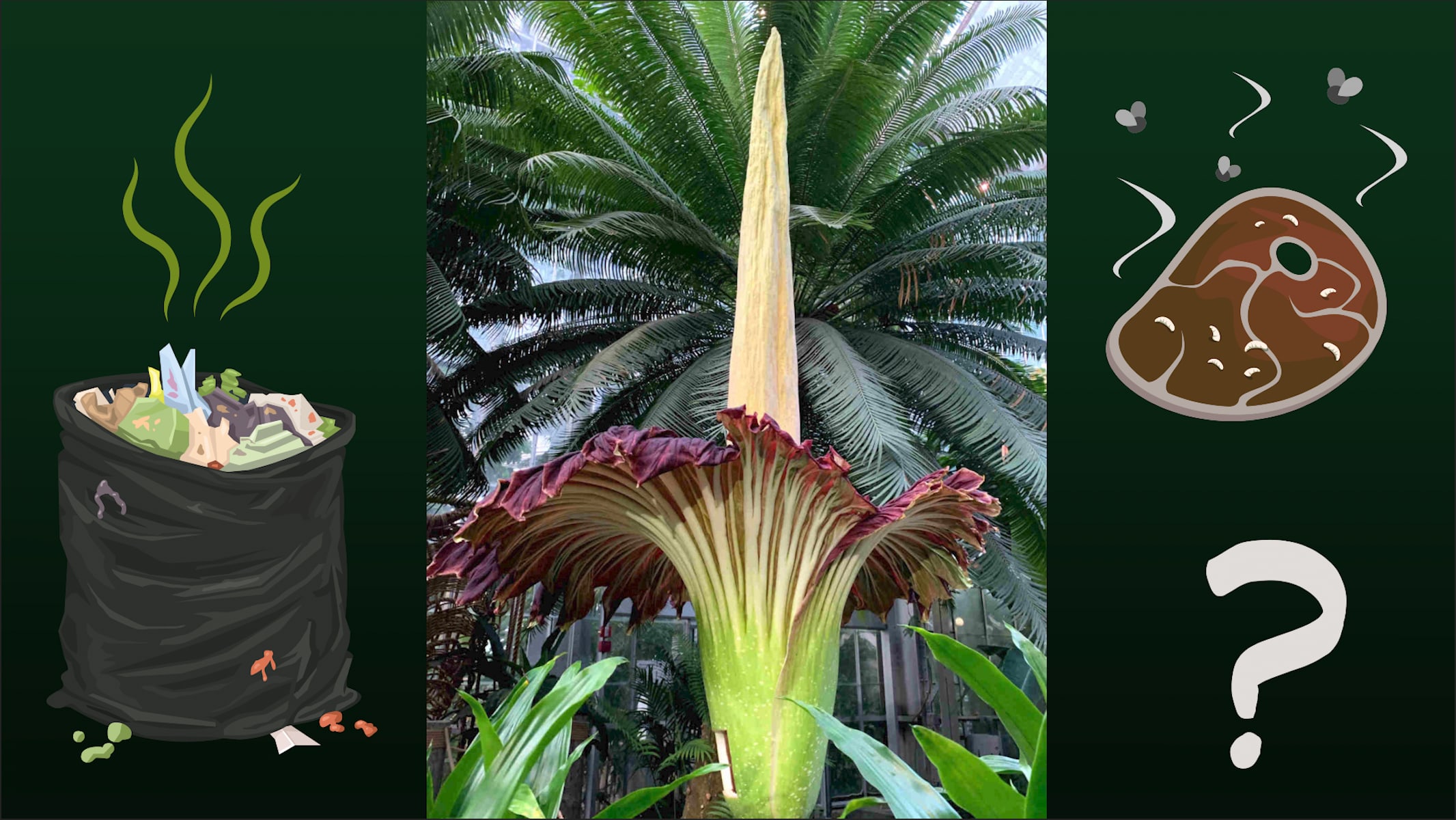
DISCUSS: How could smelling like garbage help the Corpse Flower?
Hint: can you think of any creature that actually LIKES trash or rotting meat?
Hint: can you think of any creature that actually LIKES trash or rotting meat?

Please wait…
This video is having trouble loading. You may have lost your Internet connection.
Step 1: Click to Reload this page
Step 2: Click to
Try our other video player
Step 3: Contact your teacher if trouble persists.
Or,
dismiss this message.


cycle
1 of 15
a set of events that repeats in the same order over and over
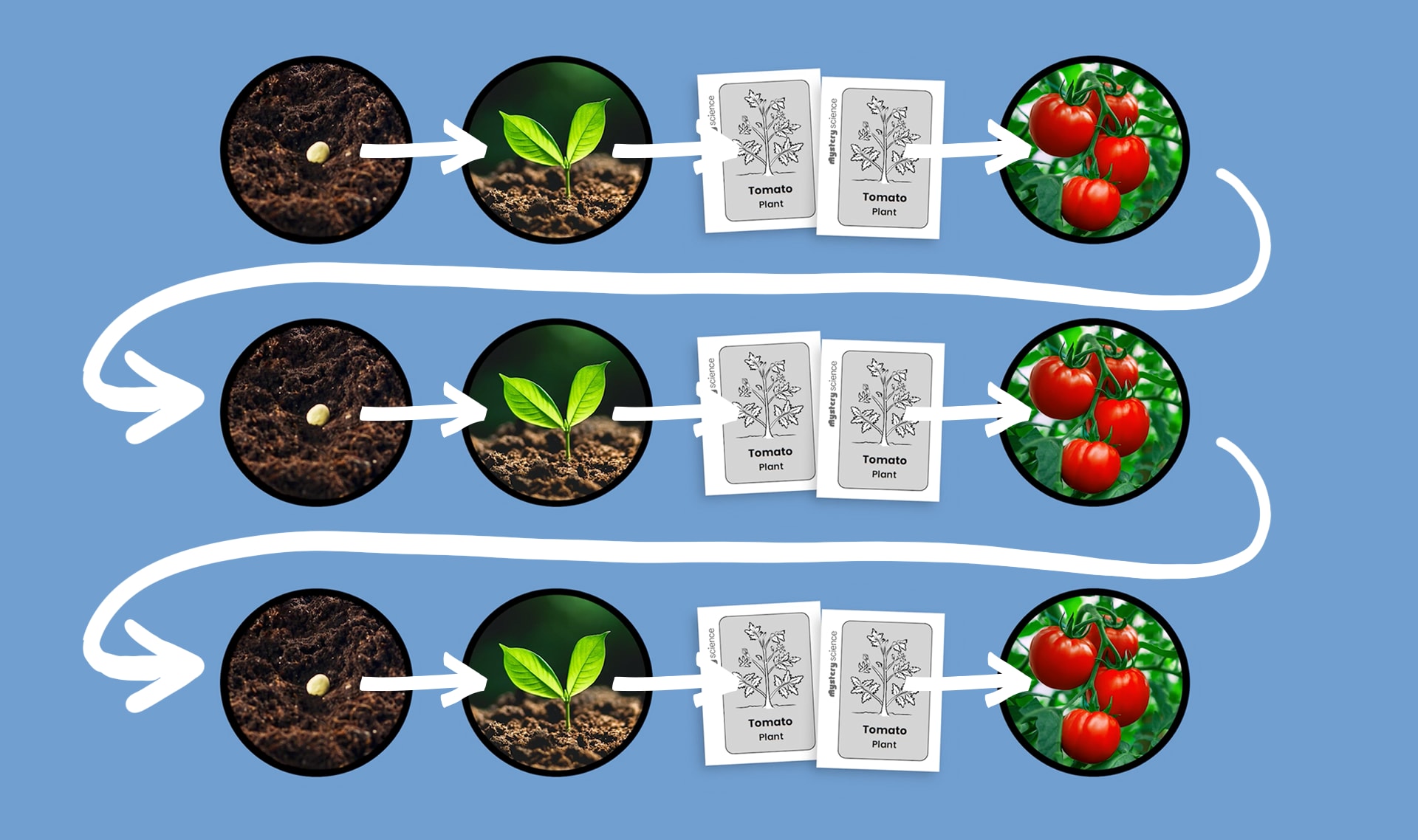
pattern
2 of 15
something that can be observed again and again and again in a way that can be predicted

Please wait…
This video is having trouble loading. You may have lost your Internet connection.
Step 1: Click to Reload this page
Step 2: Click to
Try our other video player
Step 3: Contact your teacher if trouble persists.
Or,
dismiss this message.
life stage
3 of 15
one of the steps of the life cycle
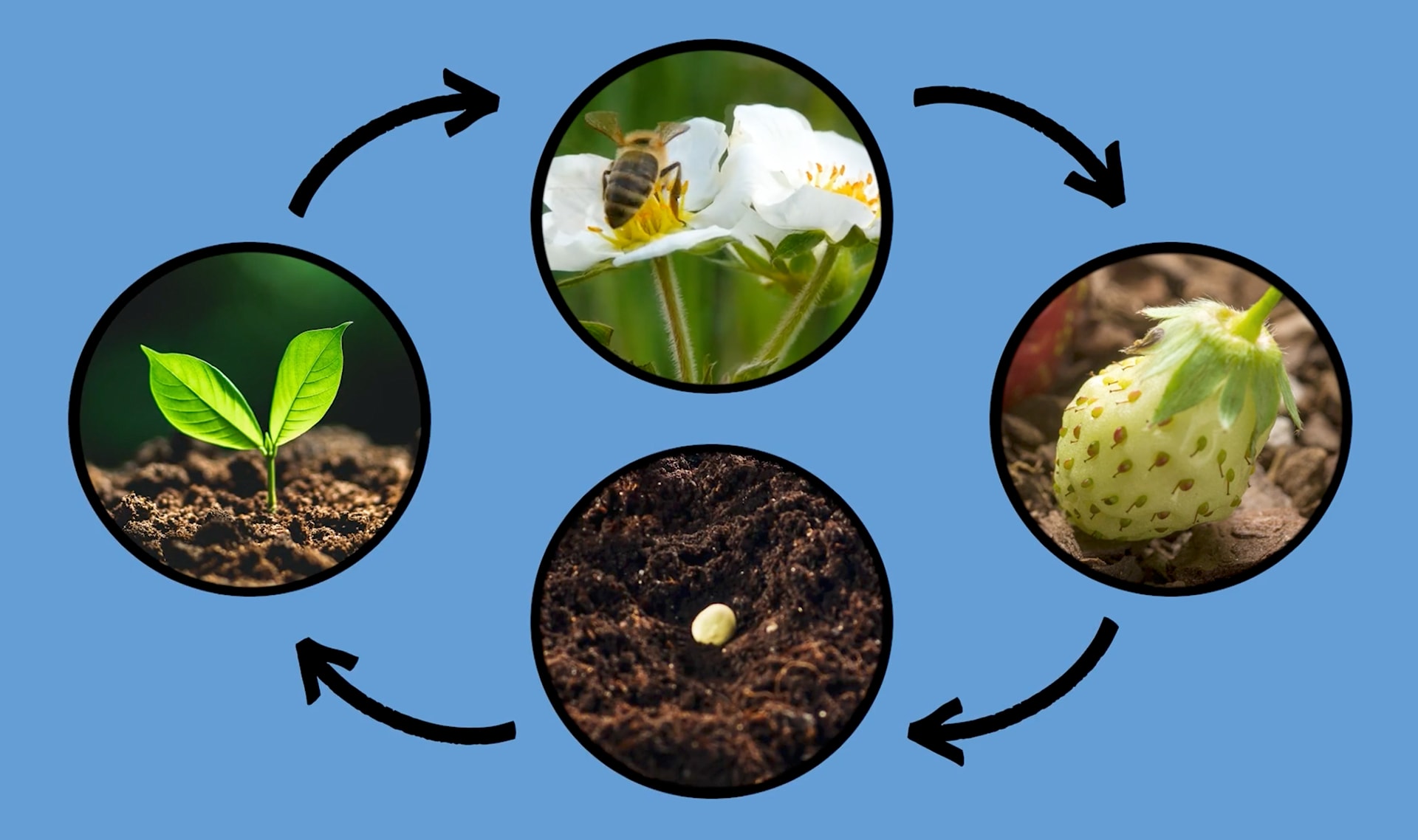
life cycle
4 of 15
the stages of life, including birth, growth, reproduction, and death
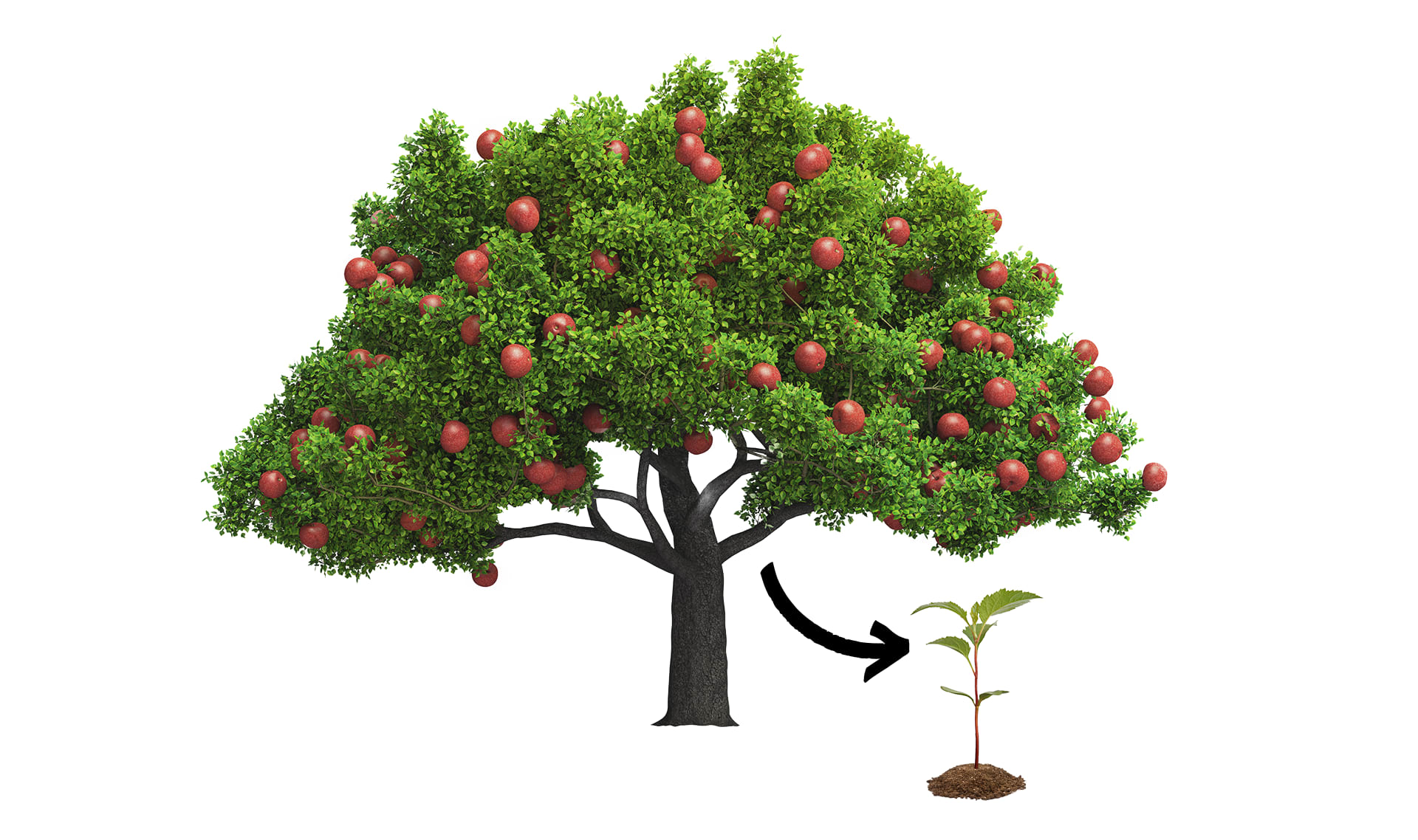
offspring
5 of 15
babies

reproduction
6 of 15
a stage in the life cycle of living things when they have offspring
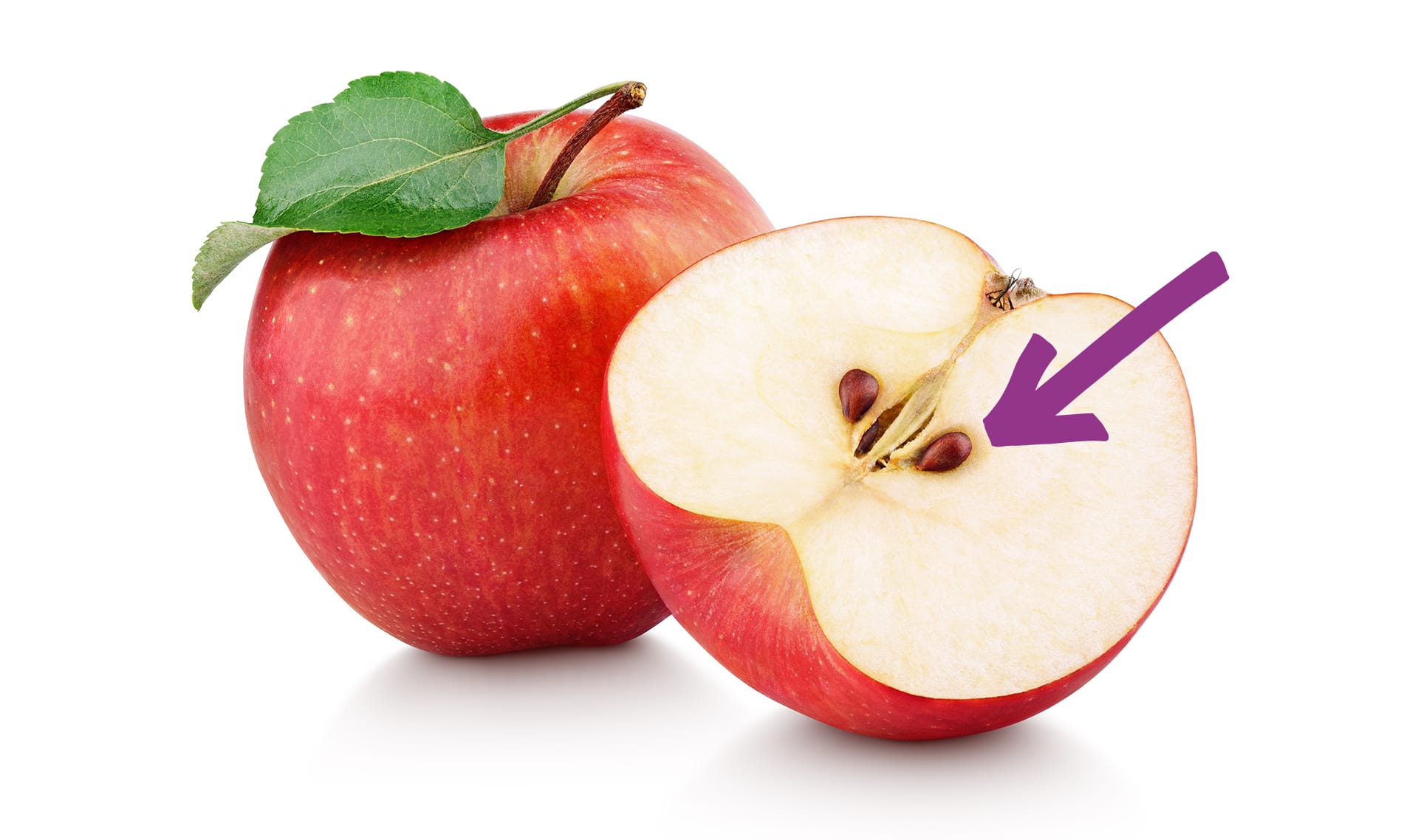
seed
7 of 15
a part of a plant that can grow into a baby plant
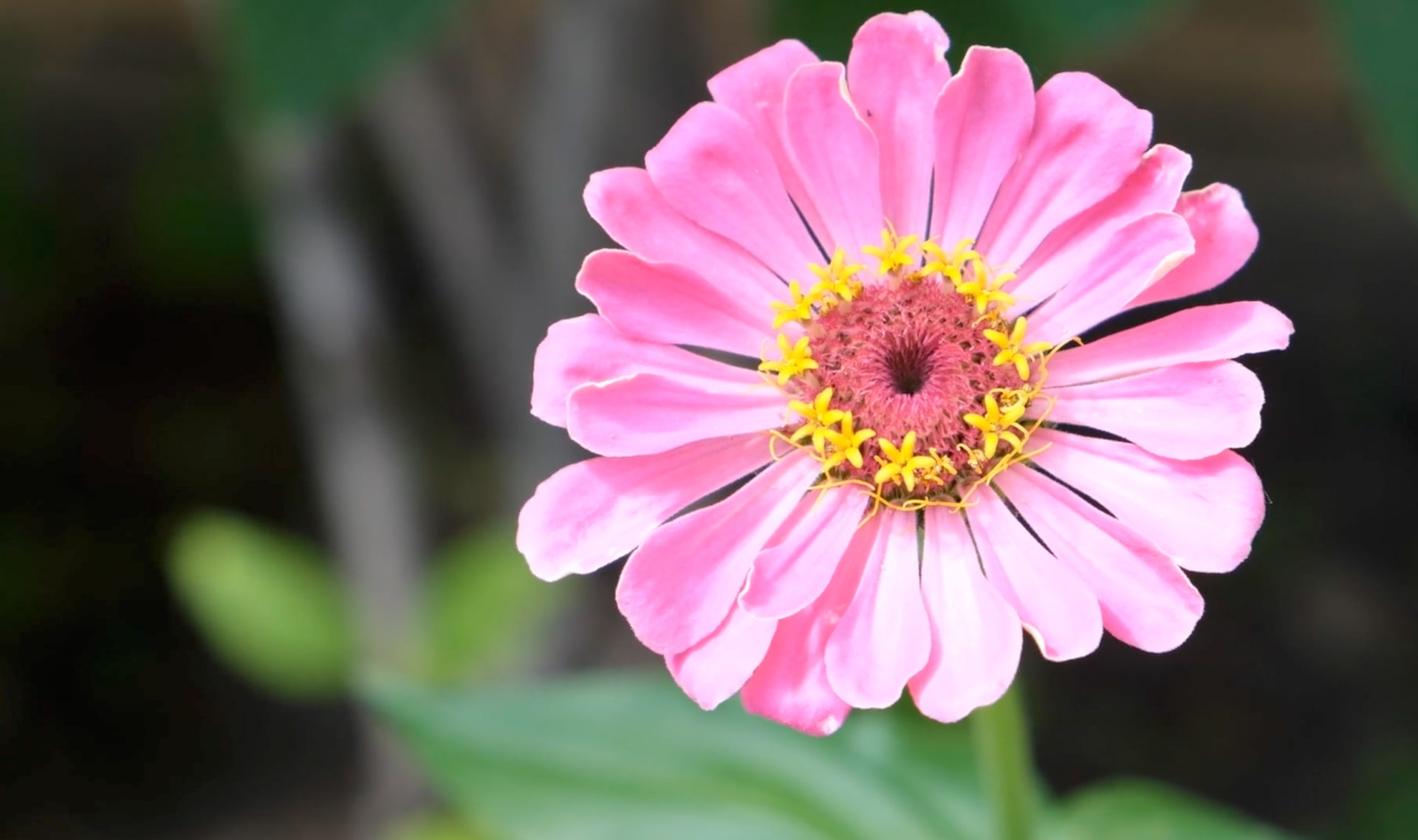
flower
8 of 15
the reproductive part of some plants that can make seeds
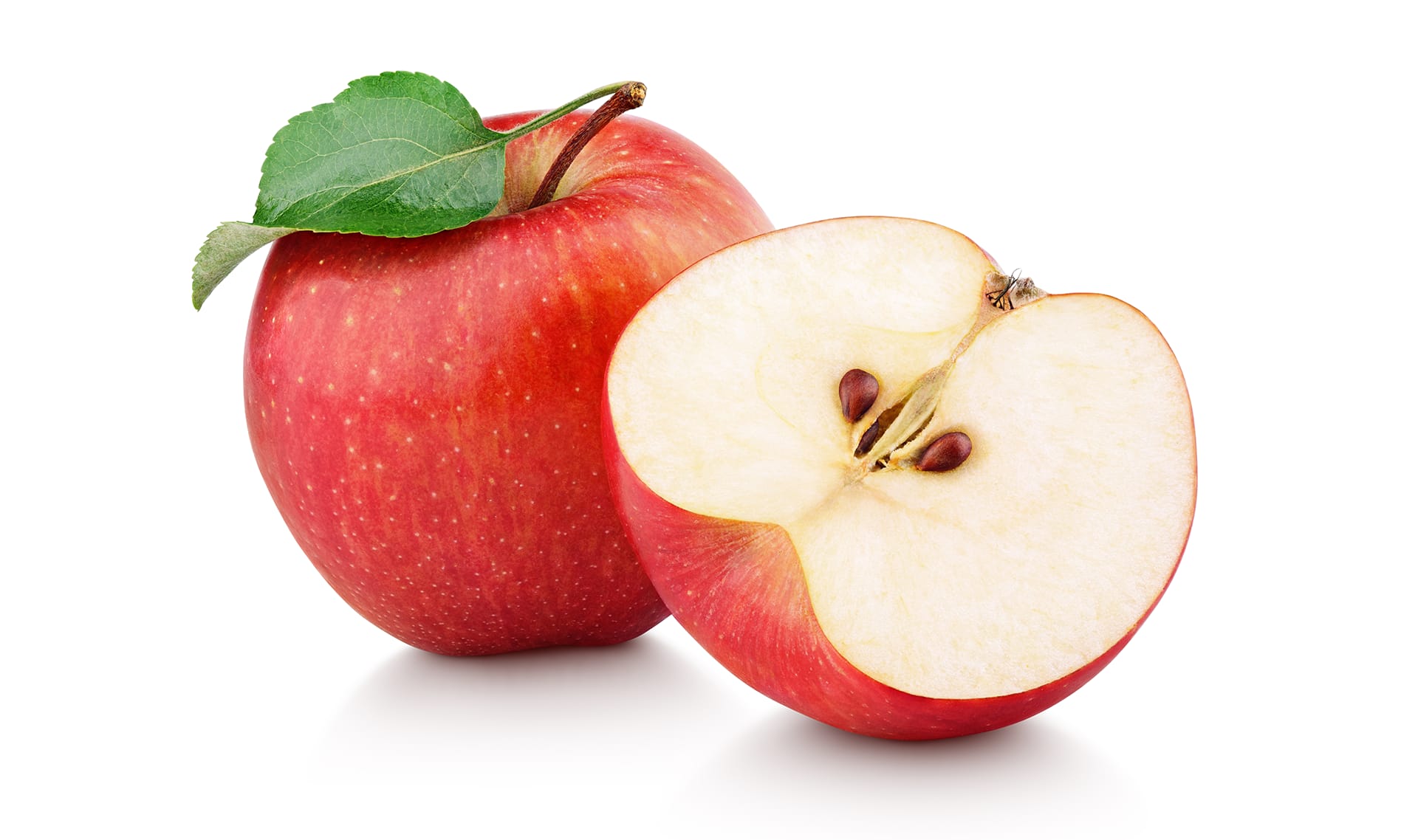
fruit
9 of 15
the part of a plant that contains seeds inside a covering, like an apple

seedling
10 of 15
a young plant that grows from a seed
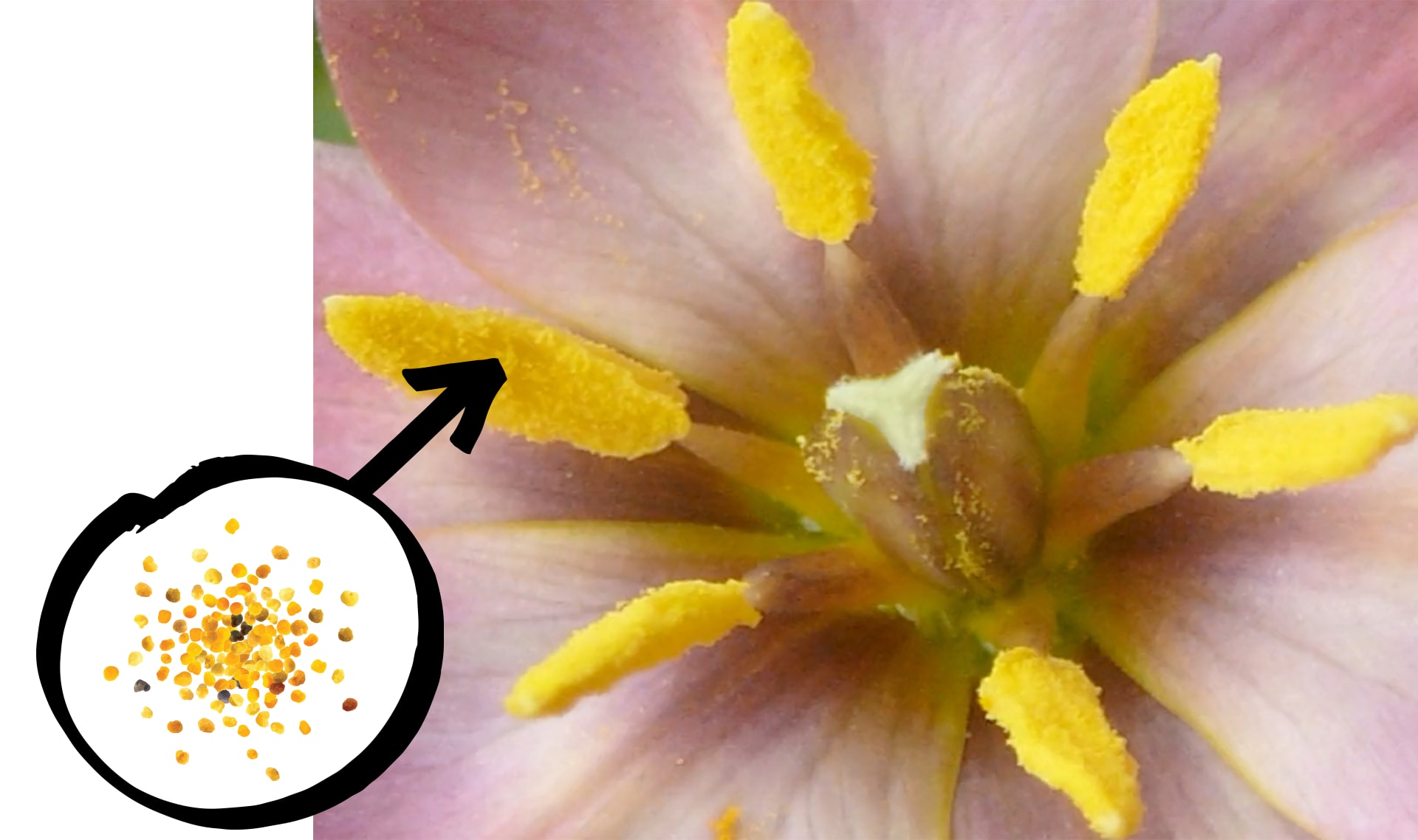
pollen
11 of 15
a powder plants make that is involved in plant reproduction
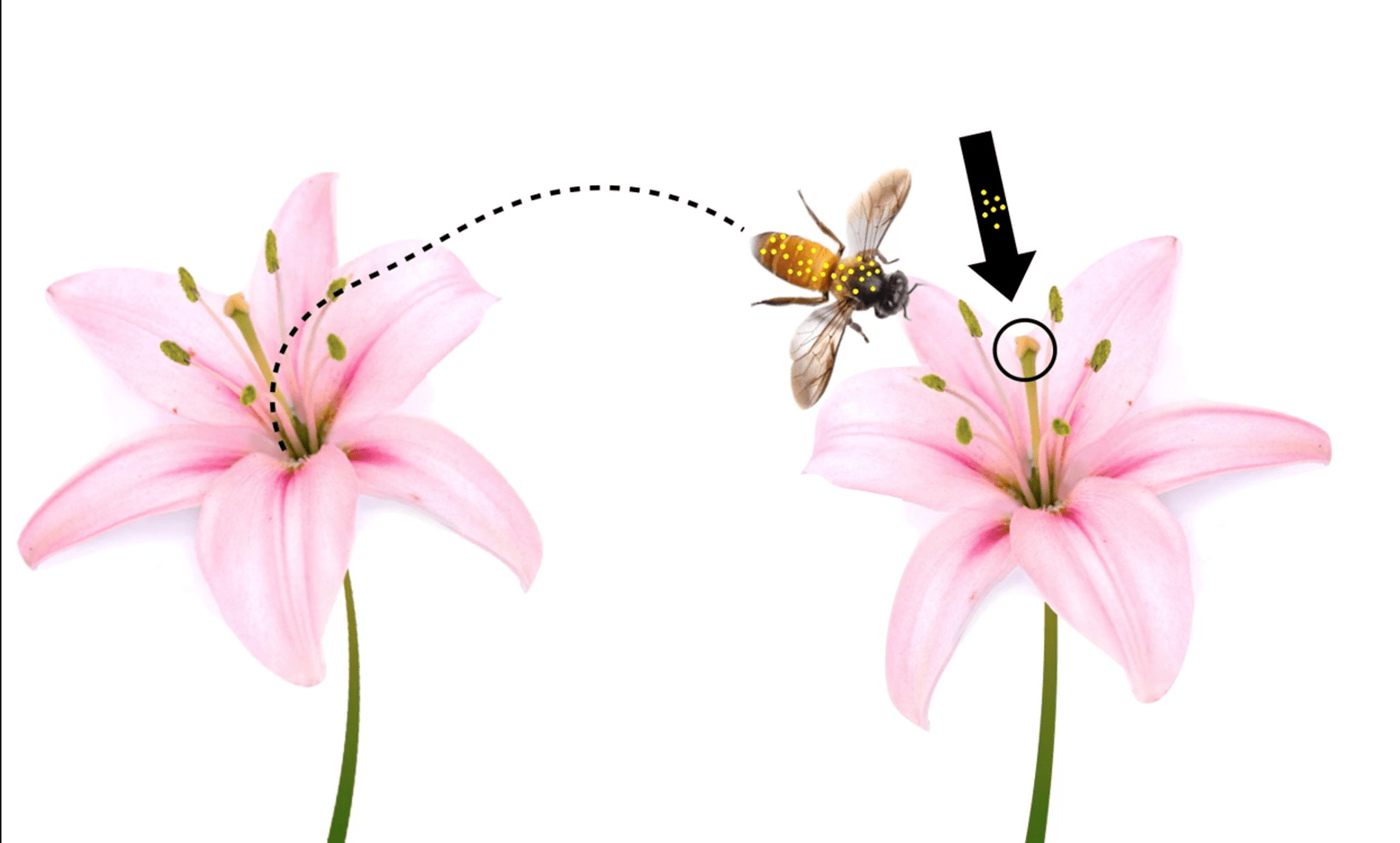
pollination
12 of 15
the process of moving pollen from one part of a flower (the stamen) to another part of a flower (the stigma)
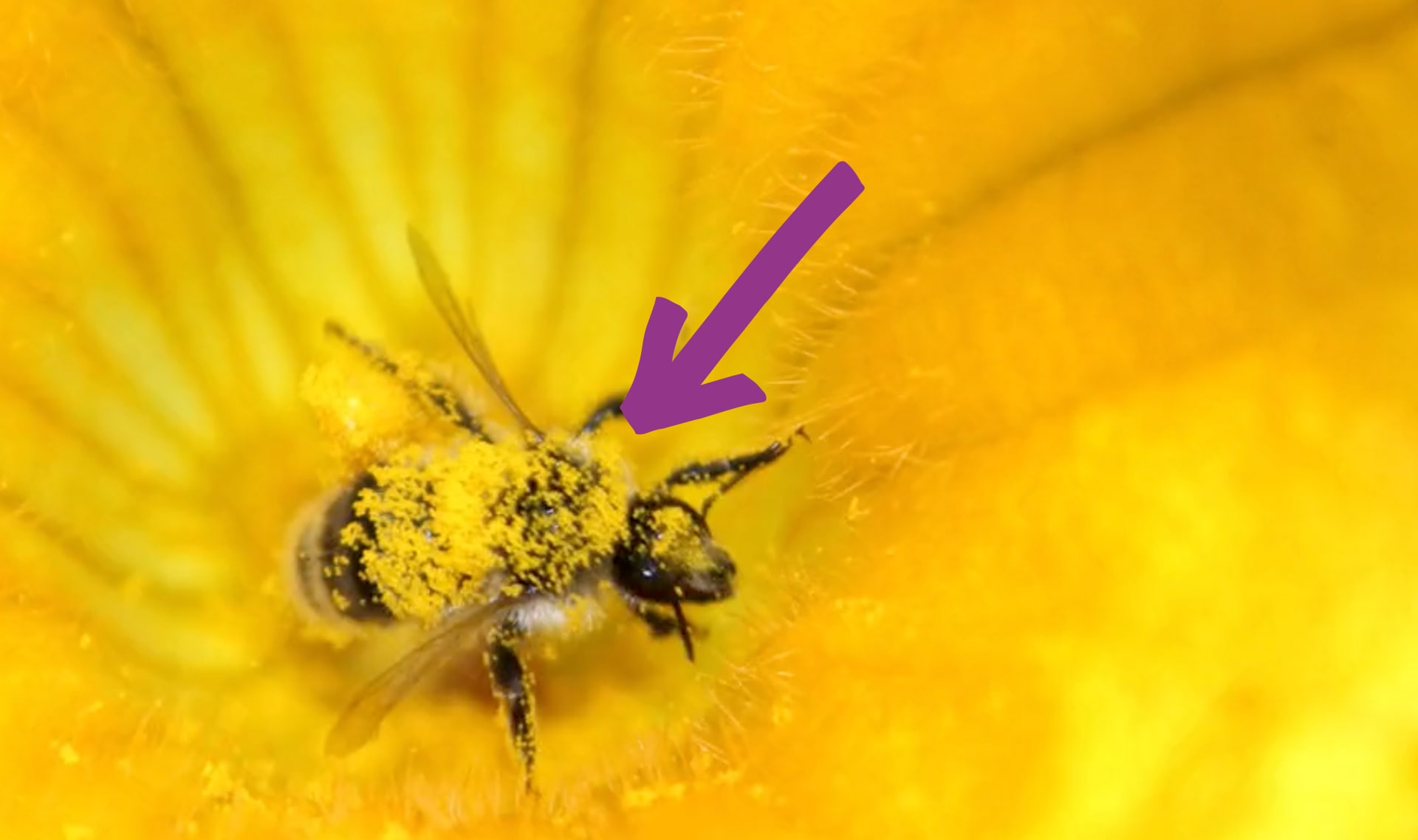
pollinator
13 of 15
a living thing that moves pollen from one part of a flower (the stamen) to another part of a flower (the stigma)
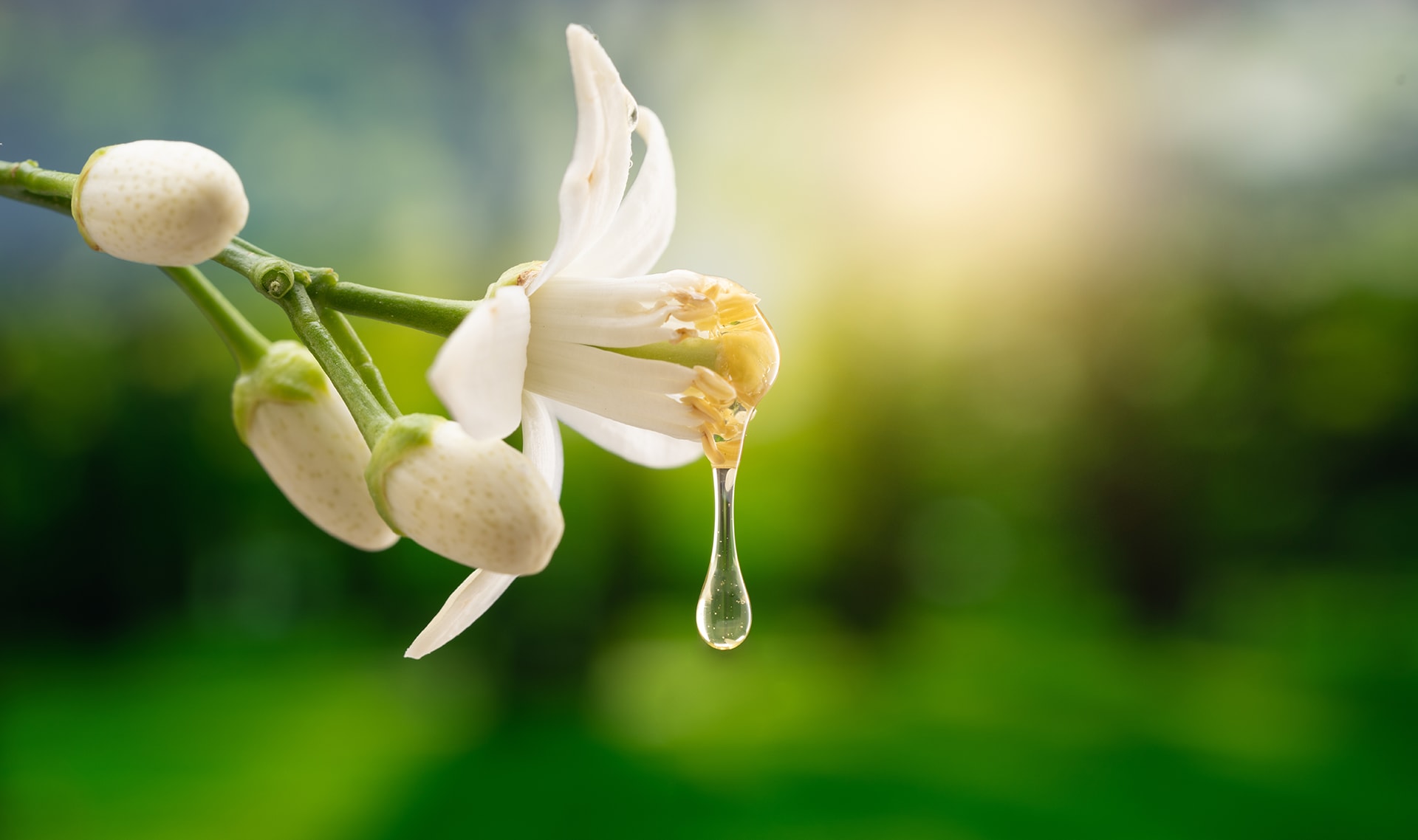
nectar
14 of 15
a sugary liquid that plants make
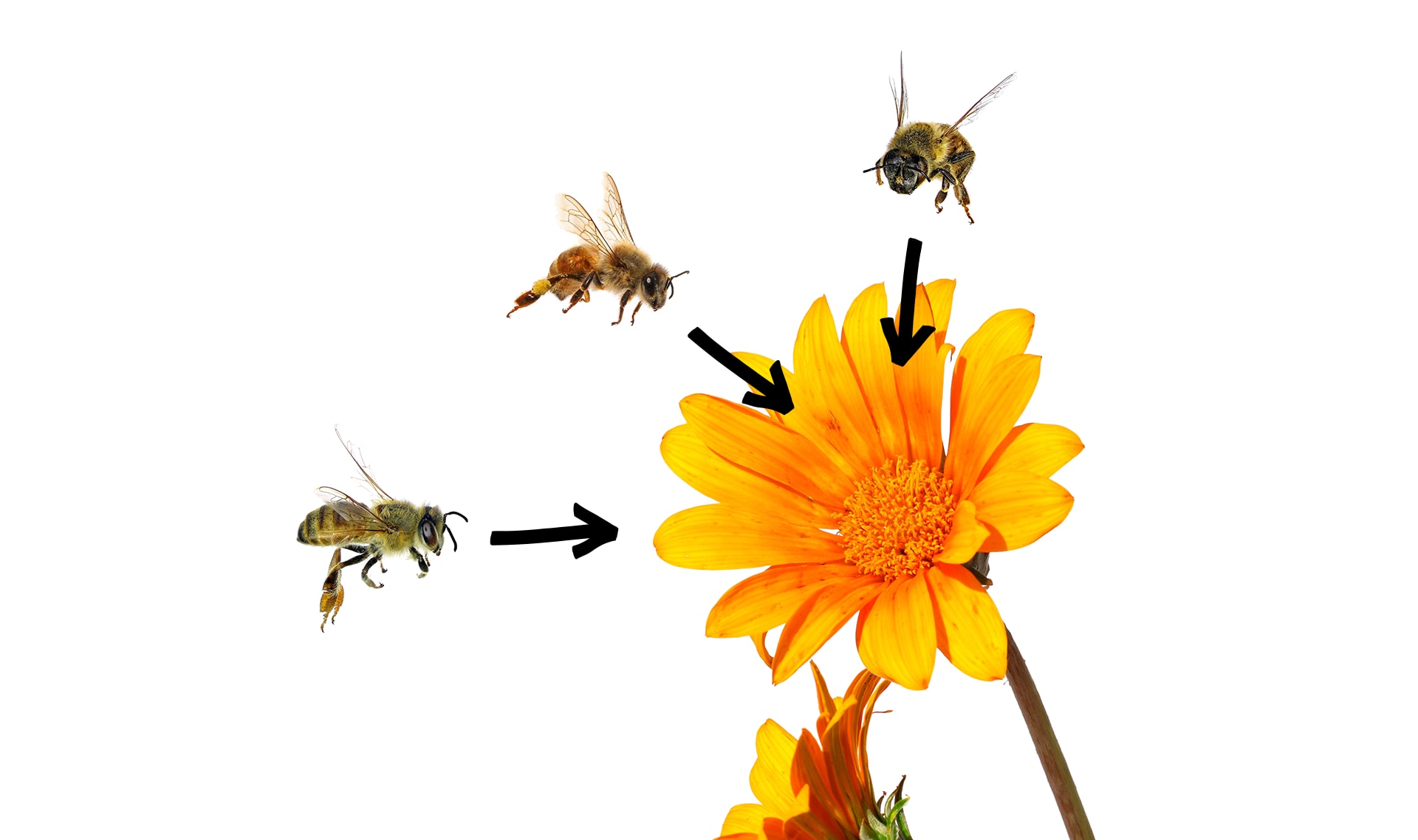
attract
15 of 15
to pull toward
